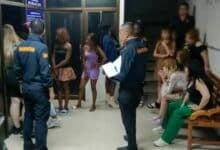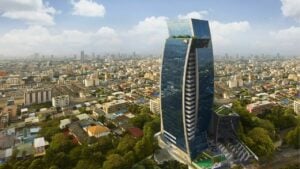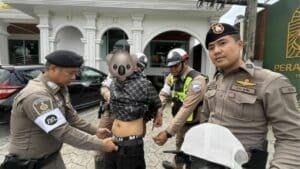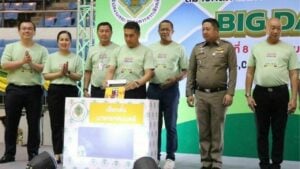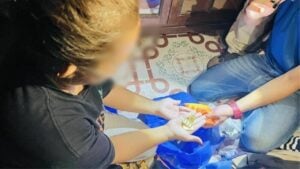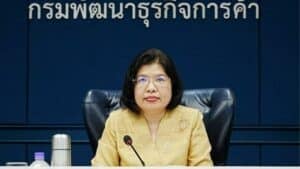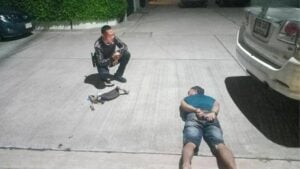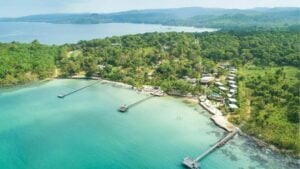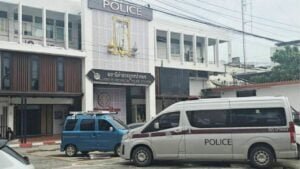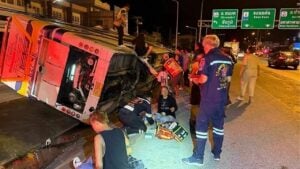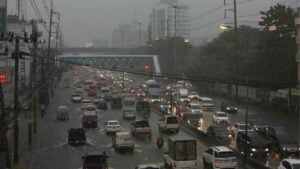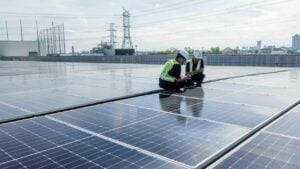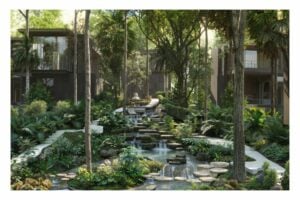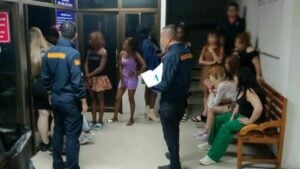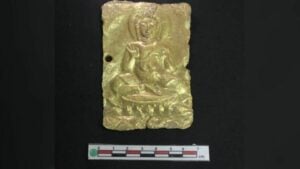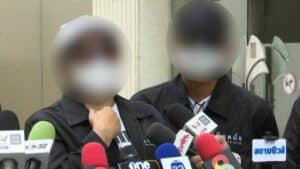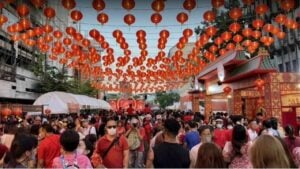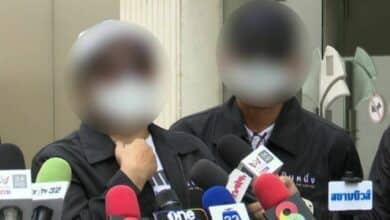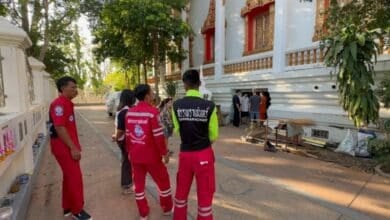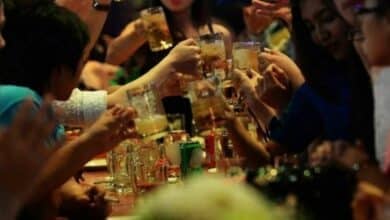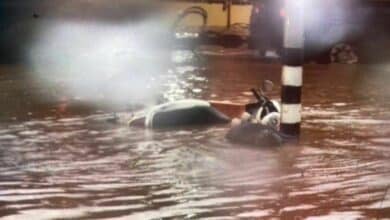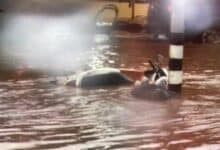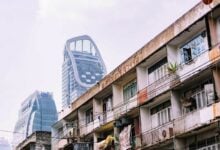Thailand News Today | Airports to screen arrivals for monkeypox

Thailand’s deputy health minister says the country’s international airports are being asked to screen arrivals for monkeypox symptoms.
According to Sathit Pitutecha, the screening will apply in particular to travellers from 17 countries. Notably, arrivals from the UK, Spain, and Portugal will be closely screened. Travellers from those countries who have symptoms such as a rash will be asked to take a test. However, it’s understood no testing has been carried out so far.
To date, the health ministry has not classified monkeypox as a dangerous communicable disease and Thailand has not reported any cases of the virus. However, the DDC says officials will need to determine the risks. According to Thassayu Dechachote, head of disease control at Phuket airport, 130 passengers have arrived from at-risk countries recently but no cases of monkeypox have been reported at this time.
While Thailand does not currently have any plans for a vaccination programme, Dr Supakij Sirilak from the Department of Medical Sciences says smallpox vaccines are 85% effective against monkeypox and his department can test and approve them if required to do so.
Supakij says 3 drugs developed to treat smallpox are being checked for effectiveness against monkeypox. With smallpox eradicated in 1980, there have been no vaccines administered against the illness in 40 years. However, vaccines have been developed to safeguard against the virus being used as a bio-weapon.
The symptoms of monkeypox are similar to smallpox symptoms, but are usually less severe and not as contagious. On Friday, the World Health Organisation met to review the situation, with over 100 cases reported in Europe to date. However, scientists have stated the outbreak is unlikely to become a pandemic.
————–
In the wake of the ruling party’s crushing defeat at the Bangkok gubernatorial election, party officials are doing what they do best: pointing fingers. This time at each other.
Deputy Prime Minister Prawit Wongsuwon says HE is definitely NOT to blame for the ruling Palang Pracharat party’s heavy defeat. He didn’t say why though, just that….he was not to blame. The party’s candidates captured only 2 of 50 seats while the main opposition Pheu Thai Party, claimed 20.
Dr วรงค์ เดชกิจวิกรม, leader of the coalition royalist Thai Pakdee Party, said the defeat could be traced to the “three Ps” Gen Prawit, Prime Minister Prayut and Interior Minister Anupong Paojinda, and accused them of being indecisive and lacking unity.
Labour Minister Suchart Chomklin, who is the Palang Pracharat director, also weighed in with his two satangs, saying “it is one crisis on top of another and that Palang Pracharat MPs will need to maintain closer contact with their constituents.”
Meanwhile, Bangkok governor-elect Chadchart Sittipunt celebrated his 56th birthday yesterday with twin brother, Dr Chanchai Sittipunt, who’s an associate professor and dean of the Faculty of Medicine at Chulalongkorn University.
In a message, Chadchart says he wants the good people of Bangkok to put “quarrels aside and love one another” as he sets about fulfilling his 214 campaign pledges.
—————
The Thai PM says he is listening to concerns over a draft law to control public gatherings. Well that were true, he would have dropped the law long ago.
Deputy PM Wissanu Krea-ngam says Prayut has ordered the Social Development and Human Security Ministry to compile a list of objections to the law, so that they may be considered.
The controversial bill, approved by the Cabinet about a year ago, has drawn criticism from various groups, including non-profit organisations.
Under the law, the government would have more control over public gatherings and be able to monitor the financial transactions of NGOs.
Despite his assurances that the PM is heeding the concerns of those who oppose the draft law, Wissanu insists 1 element will remain. That is the scrutiny of funding received from overseas by NGOs connected with public gatherings. Under the law, non-profit organisations will be required to declare the funding, and its source, to the authorities.
Wissanu insists the law is not aimed at banning public gatherings, or preventing non-profits from receiving funding from overseas. The deputy PM says the government needs to know how much money has been donated, by whom, and for what purpose. He goes on to say that nowhere does the law mention a ban on public gatherings, adding that for now, the law is not considered a priority by the government and officials are not trying to rush it through Parliament.
———-
Tesla Company (Thailand) Ltd is now a registered company in the kingdom. The company registered today, May 25, with an initial registration capital of 3 million baht.
The primary purpose of Tesla in Thailand is to sell electric vehicles, install and sell energy storage systems and energy production systems. It appears that Tesla will simply sell cars in Thailand rather than produce or assemble cars in the kingdom.
The arrival of Tesla in Thailand is in line with the government’s policy to drive the use of electric vehicles to reduce carbon emissions. In March, the Thai government approved a budget of 3 billion baht to subsidise the retail price of EVs for customers in Thailand. The government will also reduce income tax on EVs.
Back in March, Great Wall Motor and MG Camp agreed to participate in the government’s project and put a total of 2,000 EVs up for sale in Thailand. Mercedes, BMW, Honda, Mitsubishi, Nissan, Foxconn and Neta also showed an interest in selling EVs in Thailand. Now, we can add Tesla to the list.
The Bangkok Metropolitan Administration has begun to install EV charging stations around the city, such as in Benjakitti Park and made them free to use.
Meanwhile, Tesla has been looking to set up shop elsewhere in southeast Asia. Indonesia seems to be the biggest prospective market, where Tesla has agreed to build a battery and EV factory at an industrial complex in Java province.
Tesla also intends to establish “supercharger sites” in Malaysia, presumably to support Singaporean Tesla vehicles driving on Malaysian roads.
————
One of Thailand’s largest exhibition and event venues, Impact Arena, in the central province of Nonthaburi, just north of Bangkok, is showing off its large banana plantation on their official Facebook page. But Thai netizens are saying the owner just wants to avoid some land tax.
The official Facebook page, IMPACT Arena, Exhibition and Convention Centre, has posted pictures of its 50 rai or nearly 20 acres or banana plantation. The page claims that the Impact Arena CEO had turned an empty land plot near Muang Thong Thani Lakefront into a “green space” with more than 10,000 banana trees last year. The page raved on about the “agricultural project increasing green space in Thailand,” and that the agricultural products (presumably bananas) would be a supply for Impact Arena’s kitchen and also for charity.
One of the candidates from last Sunday’s Bangkok governor election, วิโรจน์ ลักขณาอดิศร, had mentioned a similar situation whilst debating with Thai media in the lead up to the election. Wiroj spoke about his policy to improve a welfare state for Thai citizens, saying the land taxed should be collected more equitably, especially from large businesses. Wiroj said some landowners had tried to reduce the cost of their annual land tax by turning their empty city land into an “agricultural area”.
Not long after the debate went viral on Thai social media this banana plantation on spare land at Impact stadium magically appeared. Some Thai netizens obviously jumped to the conclusion that the publicity about companies paying land tax led to the reaction from the owners of Impact Stadium. Other netizens living nearby said they would wait to enjoy the bananas.
According to the Fiscal Policy Office, the tax rate for the land for agricultural use is 0.01 to 0.1 percent, and the tax rate for empty or ineffectual land is 0.3 to 0.7 percent, an enormous saving.
Impact stadium is a popular conference and entertainment venue used for exhibitions, big shows and smaller concerts.
Latest Thailand News
Follow The Thaiger on Google News:

